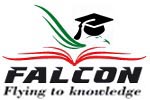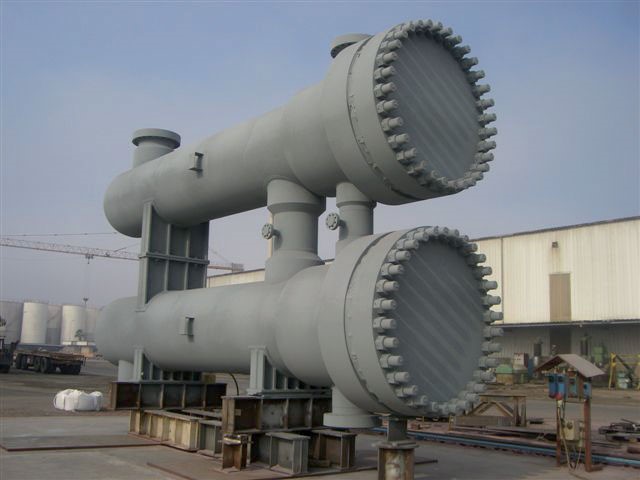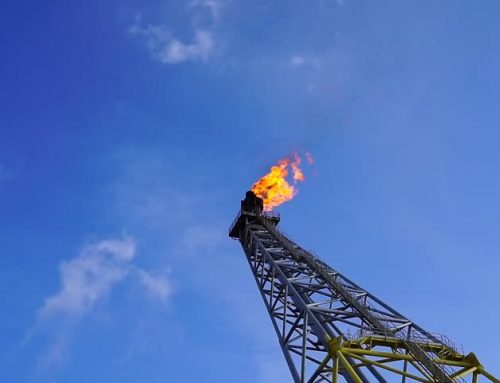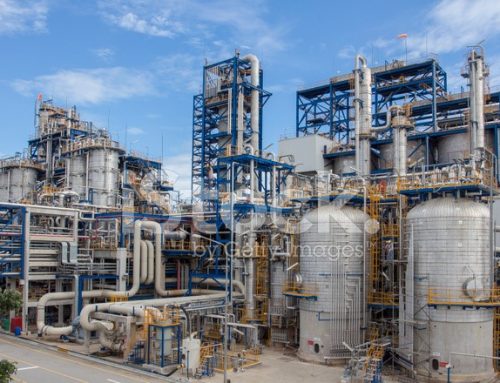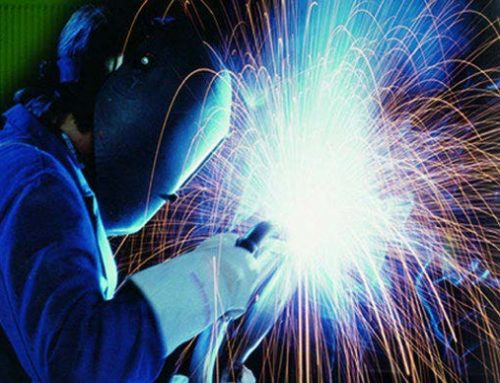Project Description
Why attend
The course is designed to provide an in-depth perspective of heat exchanger technology in terms of maintenance and repair. We will also review heat transfer fundamentals as applied to tubular and plate devices. Built-in will be sessions on the practical aspects of shell and tube heat exchanger requirements in accordance ASME and TEMA codes.
Concluding this course, participants will identify and solve of a wide variety of industrial problems, using existing case studies. Systematic methods of inspection and maintenance will be thoroughly discussed, that can improve major problems such as fouling. Participants will understand the basic principles of heat transfer and fluid flow and their relation to the maintenance of shell and tube heat exchangers. Attention will be paid in TEMA and ASME codes in relevance to maintenance and repair issues. Additionally, the course will explain how poor maintenance and control affects Energy Balances in Heat Exchangers.
Course Objectives
By the end of the course, participants will be able to:
Inspect, maintain and repair heat exchangers and evaluate their performance in the most professional way.
Distinguish between the numerous types of heat exchangers and acquire more knowledge of their industrial features and other relevant information and how the correct selection and operation affects proper maintenance.
Understand TEMA and ASME standards and terms for modern shell and tube heat exchangers
Define the overall effect of heat transfer coefficients on heat exchanger fouling
Who should attend
This course provides a wide and deep understanding of all significant aspects and considerations of heat exchangers in accordance with TEMA and ASME international standards for all maintenance professionals in the oil & gas, petrochemical industry, who are involved, inspection, maintenance and troubleshooting of static equipment. This includes mechanical engineers, maintenance engineers, technicians and supervisors. The course is spherically designed for all maintenance professionals, novice or advanced, who may require a refresher or update in this heat transfer technology without prior knowledge in the subject.
Course Outline
- Conduction – Convection
- Overall Heat Transfer
- Logarithmic Temperature Differences
- Correction Factors – Fouling – Effectiveness
- Double-Pipe – Parallel-Flow and Counter-Flow – Compact – Shell and Tube – Plate and Frame – Regenerative – Condensers – Boilers – Space Radiators – Addition of Fins
- Calculation of Overall Heat Transfer Coefficient for a Heat Exchanger
- Effect of Fouling on the Overall Heat Transfer Coefficient
- Logarithmic Mean Temperature Difference Method – Effectiveness- NTU Method
- Cross Flow and Multipass Heat Exchangers
- Application of Correction Factors – Example
- Pre-heat Calculations – Energy Modeling
- Counter Flow Heat Exchanger
- Heat Exchanger Selection for a Given Process
- Common Materials Used – Shell and Tube Heat Exchangers
- Plate and Frame Heat Exchangers
- Advantages and Disadvantages of these Types and Scopes of Application
Scoping – Quick-sizing – Correction Factors
- Heat Exchanger Inspection – Scope – Construction
- TEMA Standards and Terminologies – Fluid Allocation
- Design Problems, Design Enhancement – Examples
- Planning – Precautions Required
- Plugging – Ferruling – Sleeving – Shell Side Repairs
- Retubing, Fouling Control of Heat Exchanger, Cleaning
- Visual, NDT – Common Failures – Inspection Tools – Inspection Codes
- Design of Shell and Tube Heat Exchangers
- Achievement of Duty Required – Developing Design Envelope – Choosing the Best Design
- Insufficient duties, Inadequate subcooling,
- Air cooled condensers with non condensables,
- Instabilities, Liquid-vapor separation, Fouling with tube failures
- Solutions in common problems
The workshop
This interactive training course includes the following training methodologies as presented on the next column based on percentage of the total tuition hours:
Lectures
Workshops & Work presentation
Case Studies & Practical Exercises
Videos, Sofware & General Discussion
The course instructor may modify the above training methodology before or during the course for technical reasons with no prior notice to participants.
Falcon Consulting Professionals is established in Greece for the last 15 years in the areas of technical consulting and professional training for the local industries. Falcon is expanding in GCC, aiming to provide the best consulting and training solutions to the industries of the region. Falcon’s instructors are accredited trainers and highly experienced in their fields, as well as adult training. We aspire to build our business relationships on mutual trust. The achievement of results with an emphasis on innovation and sustainability, quality, cost analysis and time scheduling are non-negotiable from the conceptual phase of the training.
